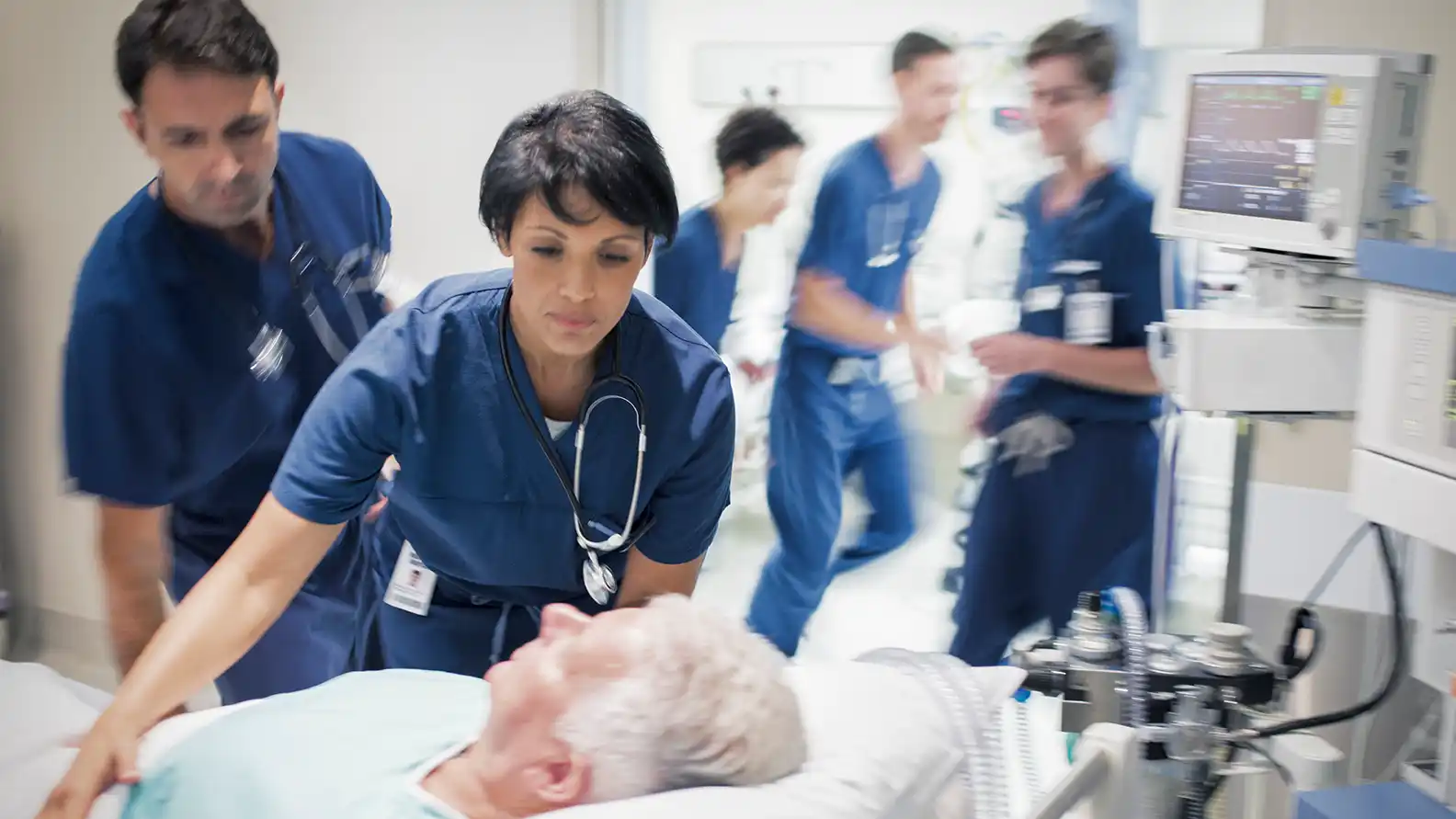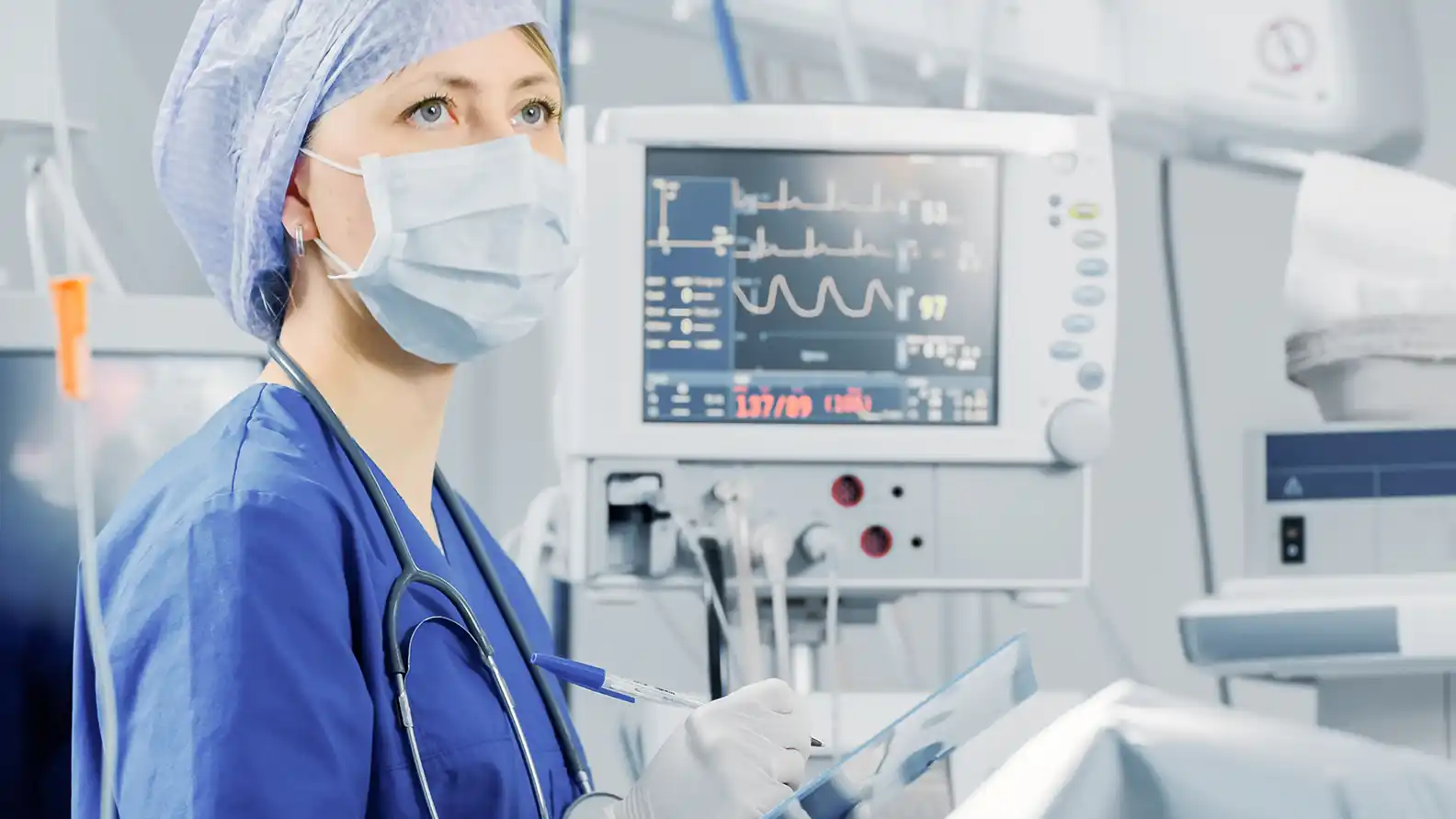Improving Heart Transplant Outcomes: The Role of CytoSorb

Heart transplant surgery is a complex journey that goes beyond the operating table. The challenges during the postoperative phase, like vasoplegia and multi-organ dysfunction, can overshadow the surgical success of the transplantation.
I want to draw your attention to a recent (potentially groundbreaking) Randomized Controlled Trial (RCT), which explored the intraoperative use of CytoSorb® during orthotopic heart transplant (OHT) surgery.
This study took place from April 2018 to December 2021 and focused on adult OHT candidates with UNOS Status 6, which is the least urgent medical status according to the United Network for Organ Sharing criteria. The study had strict exclusion criteria to ensure a similar patient group, excluding urgent cases, re-transplantations, pre-OHT mechanical circulatory support, and inotrope dependence.
Out of the initially randomized 60 patients, 30 received CytoSorb® during surgery, while 25 formed the control group after excluding five patients for various reasons. Both groups had comparable baseline characteristics, except for a difference in pre-transplant amiodarone use, which influenced the baseline risk for postoperative vasoplegia.
The primary trial outcome focused on post-operative hemodynamic stability, measured by the vasoactive-inotropic score (VIS), frequency of vasoplegic syndrome (VS), and duration of vasopressor requirement.
The CytoSorb® group showed significantly lower VIS during the initial 24 hours post-surgery, a reduced incidence of VS, and a shorter duration of vasopressor support compared to the control group.
Secondary outcomes revealed additional positive impacts, including
- lower Procalcitonin levels,
- reduced incidence of acute kidney injury,
- shorter stays in mechanical ventilation and ICU,
- preserved post-CPB hepatic bilirubin excretion,
- and comparable mycophenolic acid levels, indicating no adverse impact on classic immunosuppressive drug levels.
The CytoSorb® intervention was safe and had no device-related adverse events, and both groups had comparable 30-day mortality rates, and no reported cardiac allograft rejection.
In conclusion, this pioneering RCT presents a promising direction supported by empirical evidence for integrating CytoSorb® into the interventions during heart transplant surgeries. The findings align with earlier observational studies, supporting the connection between intraoperative hemoadsorption and reduced post-operative vasoplegia. It calls for further exploration, potentially reshaping the path of post-transplant care and enhancing the lives of patients undergoing this life-changing procedure.
Please enjoy the read of the original publication and I’m curious for your opinions and comments on this latest study of CytoSorb in cardio thoracic surgery.
Prof Dr Daniel Wendt on: Use of intraoperative haemoadsorption in patients undergoing heart transplantation: A proof-of-concept randomized trial
Nemeth E et al. ESC Heart Failure 2024; 11(2):772-782

About the Author
Prof Dr Wendt, a cardiac surgeon based in Essen, formerly served as the co-director of the Westgerman Heart and Vascular Center in Essen until 2021.
From January 1st 2022, he was appointed as Vice President (cardiovascular) of the company CytoSorbents. His medical expertise covers the whole field of adult cardiac surgery, and he is also specialized in intensive care medicine. Moreover, he is member of numerous medical societies, and he serves as Editorial Board member for many scientific journals. So far, he published more than 150 peer-reviewed articles.









